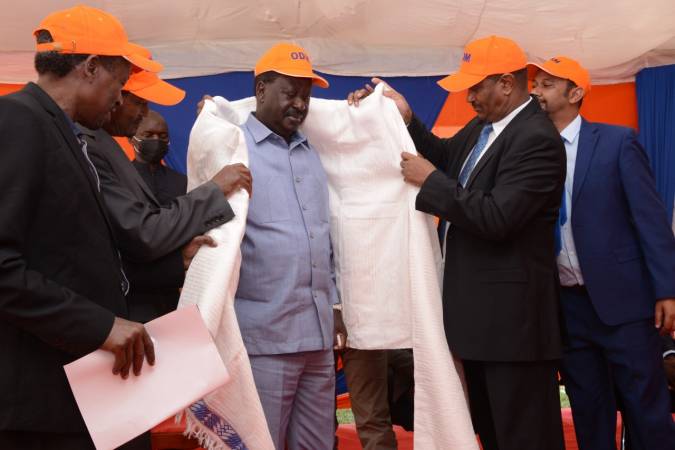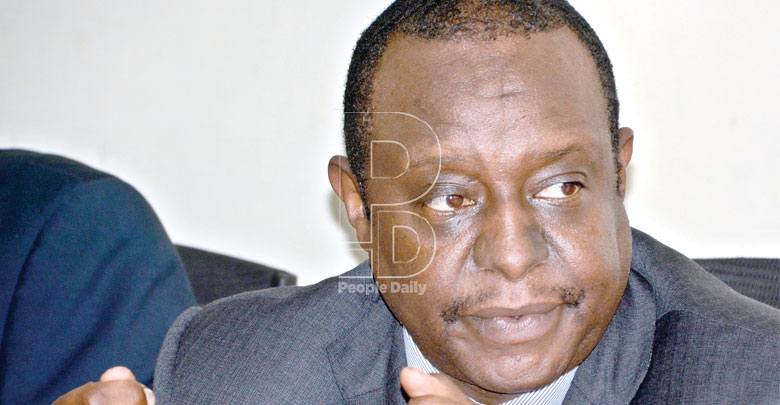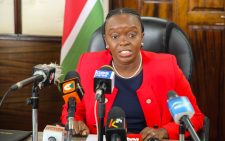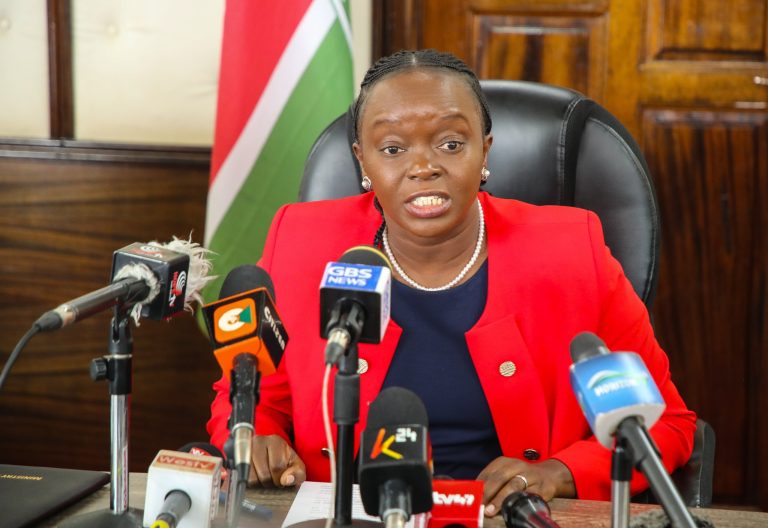Varsity boss slapped with Sh10m bail in fraud case
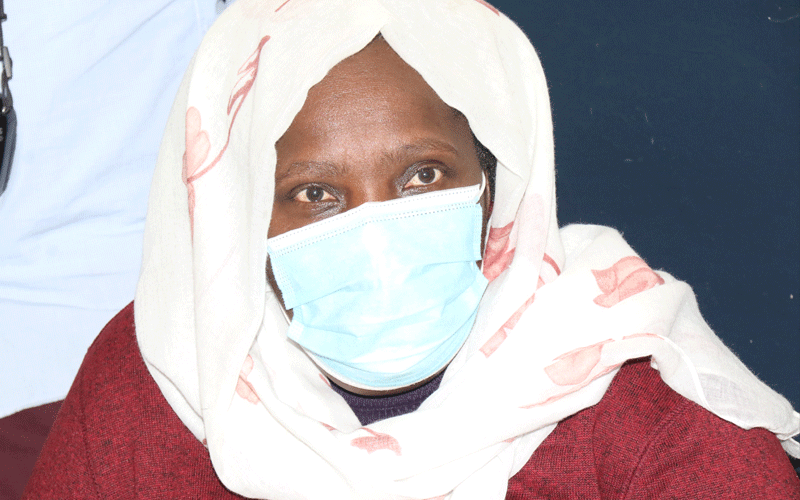
Embattled Maasai Mara University Vice-Chancellor Mary Walingo and four others were yesterday granted Sh20 million bond or Sh10 million cash bail, after denying corruption and abuse of office charges.
Walingo was charged before the Nakuru anti-corruption court alongside her deputies Simon Kasaine and John Almadi.
Also charged were Finance officer Anacklet Biket and the institution’s driver Noor Hassan.
They appeared before Chief Magistrate Elizabeth Usui via Zoom at the Central Police Station where they denied multiple corruption charges, among them abuse of office amounting to loss of Sh177 million at the institution.
The five, are jointly accused of conspiring and irregularly obtaining the funds on diverse dates between January 24, 2016 and July 2019, where Walingo is said to have directed the unlawful expenditure.
Willful failure
Additionally, the five were charged with stealing by persons employed in the public service where they are accused of stealing Sh177 million by virtue of being employed at the institution.
Walingo was further accused of willful failure to comply with the law relating to management of public funds by authorizing expenditure of Sh70 million without supporting documents leading to loss of funds.
Particulars were that on diverse dates between June 2017 and October 2018, at Maasai Mara University within Narok County, Walingo alongside John Almadi authorized the expenditure of monies amounting to a total of Sh177million.
Yesterday, the accused persons through their lawyers sought to be released on bond arguing that they have co-operated and are not a flight risk and there is no compelling reason to detain them further.
Advocate Simiyu Murambi said the charges should not be used as a punishment, requesting that his clients be given lenient bond terms not exceeding Sh1 million owing to the current pandemic that has financially strained them.
“My clients are senior citizens and their places of abode are known. They are public servants and with their age, they are likely to contract diseases while in custody,” said Murambi.
However, the Office of the Director of Public Prosecutions (DPP) through its Senior Assistant Daniel Karuri, demanded that the accused persons be barred from setting foot at the university citing interference with witnesses and intimidation.
Karuri urged the court to consider the magnitude of the matter while granting the bond terms adding that once found guilty, they will be liable to a mandatory fine two times the amount alleged to have been embezzled.
“Appropriate bond conditions should be set and the court should ensure that our witnesses who are junior staff at the institution are protected,” said Karuri.
Personal use
The magistrate in her ruling noted that there was no compelling evidence of witness interference.
She released the five on Sh20 million bond or an alternative cash bail of Sh10 million pending pre-trial conference. She directed the matter be mentioned on September 11 for pre-trail via Zoom.
“The accused persons may be released on a Sh 20 million bond, a surety of the same amount or an alternative cash bail of Sh10 million,” ruled Usui.
The DPP had ordered the arrest of the suspects after investigations established that in the financial years, between 2016- 2019, several cheques were used to irregularly withdraw funds from various Maasai Mara University accounts for personal use amounting to Sh177,007,754.
“There was no justification for the withdrawal of the funds from the said accounts as there are no supporting documents for the expenditure,” said the DPP in a statement.
He added: “I am satisfied that there is sufficient evidence to support various charges under the Anti-Corruption and Economic Crimes Act against the accused,” Haji said in a statement on Monday.
The DPP added that analysis of the evidence obtained indicates that monies withdrawn by authorized finance officers at the University would be irregularly delivered to the Vice Chancellor, Prof. Mary Walingo through her proxies.
All the transactions, investigations revealed, were not recorded in the university’s Enterprise Resource Planning system.
